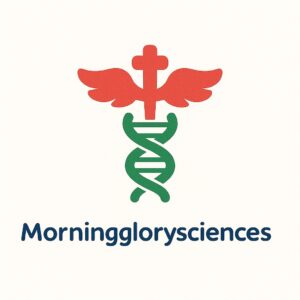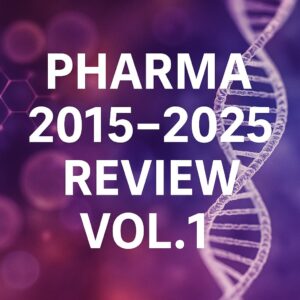Strategic Review: Immunology, Oncology, and Rare Diseases at the Core of J&J’s R&D-Driven Vision
Johnson & Johnson (J&J) has strategically expanded into immunology, oncology, and rare diseases by acquiring biotech companies and forming forward-looking partnerships. Its R&D strategy includes integrating ADCs, cell therapy (e.g., CAR-T), and AI-powered drug discovery to ensure long-term competitiveness.
Key Acquisitions & Partnerships (2015–2025)
- 2017: Acquired Actelion (rare diseases, PAH) – ~$30B
- 2018: Expanded oncology immunotherapy partnership with Bristol-Myers Squibb
- 2021: Co-developed CAR-T therapy Carvykti with Legend Biotech (multiple myeloma)
- 2022: Acquired Abiomed (cardiac assist devices) – ~$16.8B
- 2023: TYK2 inhibitor deal with Nimbus Therapeutics for inflammatory diseases
- 2024: Collaboration with Cellarity (AI-driven phenotypic drug design)
Strategic Significance
J&J has adopted a cross-disease strategy targeting unmet needs in immunology, oncology, cardiovascular, and rare diseases. Carvykti marked a high-impact CAR-T entry, while Actelion and Abiomed added rare and cardiovascular depth. Embracing AI and next-gen platforms underscores its innovation leadership.
My Insight
Johnson & Johnson is a rare company that has the flexibility to invest in disease areas while embracing innovations such as AI drug discovery, cell therapy, etc. A deep integration of Pharma and MedTech is at the core of its strategy, The diversification of its healthcare value offering through the Janssen brand has led to its global leadership. Under its umbrella, Janssen also operates the JLab, an independent but global organization that supports early-stage startups. The significance of these JLab activities and other changes will be discussed in a separate article.
References
- J&J Press Release – Actelion (2017)
- Fierce Biotech – Abiomed Acquisition (2022)
- BusinessWire – Cellarity Collaboration (2024)
- Fierce Biotech – Nimbus TYK2 Deal (2023)
- Legend Biotech – Carvykti Partnership (2021)






Comments